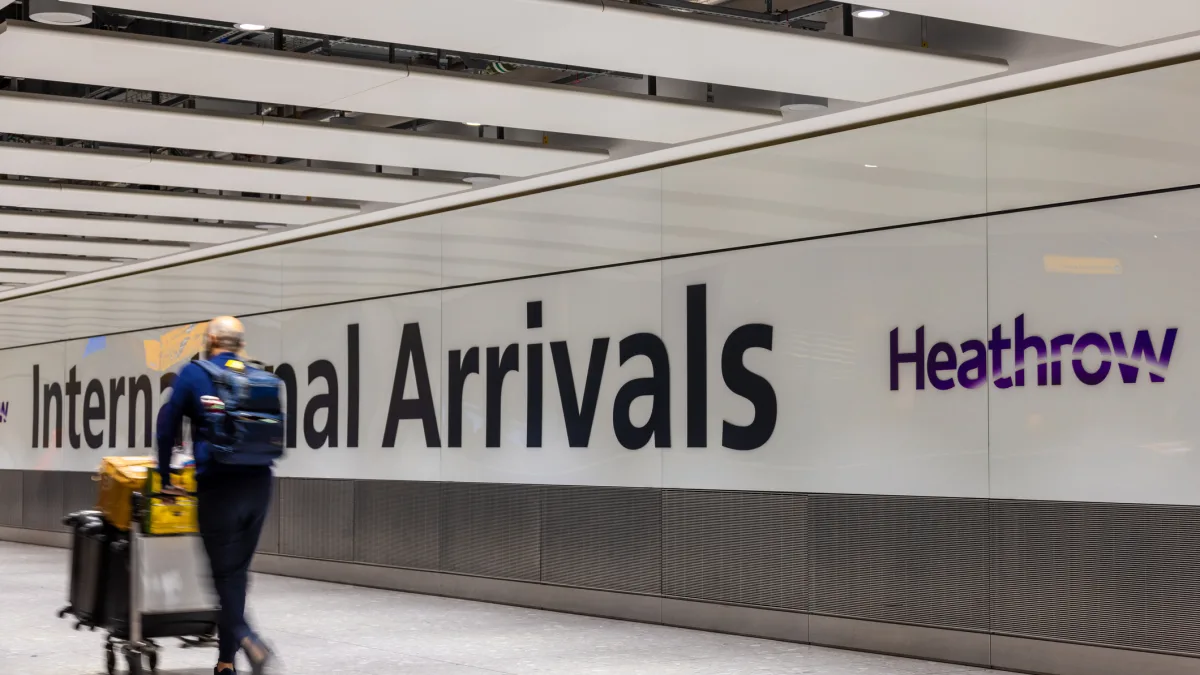Loneliness pays. The monetisation of human connection has spawned a 94 billion US dollars global industry that profits from the very isolation it claims to cure. Modern capitalism has achieved a remarkable feat: transforming social disconnection from a personal affliction into a market opportunity.
Where previous generations built communities through shared necessity, today’s economy carves loneliness into profitable segments. Each promises connection whilst engineering dependence. The result is an industry that thrives on the problem it purports to solve.
The isolation dividend
Only 39 per cent of American adults feel emotionally connected to others, according to the country’s surgeon-general. This epidemic has birthed a thriving economy. Dating apps generated 8.5 billion US dollars globally in 2024, a figure set to rise to to 14.6 billion US dollars by 2031.
Romance is not the be all and end all of the loneliness economy. Revenue from co-working spaces—temples to manufactured sociability—will grow from 22 billion US dollars in 2024 to a projected 82 billion US dollars by 2034. These aren’t just office spaces. These are office spaces reinvented, social connection as a service, charging membership fees for proximity to strangers.
Some 71 per cent of dating-app users report that virtual messaging decreased loneliness. Yet 55 per cent of Gen Z feel burnt out using these platforms. The industry provides just enough connection to maintain engagement whilst ensuring insufficient satisfaction to eliminate demand.
Lonely hearts
Dating apps deploy variable-ratio reinforcement—the psychology that makes gambling addictive. Each swipe offers potential reward whilst predominantly delivering disappointment. Users remain subscribed to possibility rather than achieving actuality.
Tinder, Bumble and Hinge lost users between 2023 and 2024. Revenues kept growing. Platforms shifted from selling connections to selling connection accessories: premium features, boost functions, virtual gifts. They monetise hope, not happiness.
The data harvest proves more valuable than matchmaking. Social Discovery Group facilitated 27 million relationships in 2023 but generated far richer intelligence on human romantic behaviour. Algorithms optimise for engagement duration, not user satisfaction.
Friendship as a service
Co-working spaces now target suburban neighbourhoods, charging anywhere from 200-500 euros monthly not for superior facilities but for human proximity. Average capacity is 100 people per 1,000 square metres—density designed to maximise incidental interaction.
Nevertheless, only 40 per cent prove profitable, suggesting social engineering trumps financial logic. The real product isn’t desk space but manufactured community.
Entrepreneurs monetise platonic relationships too. Apps like CLIQ raise money to algorithmically match friends. Hinge launched a one million US dollars fund for London social events—a remarkable admission that digital platforms require physical intervention to achieve social goals.
Companies profit from organising spontaneous interactions that communities once generated naturally. Village halls and neighbourhood pubs fostered connection without rent extraction. Today’s friendship economy charges subscription fees for algorithmic sociability.
Network effects, inverted
Traditional networks become valuable as more join. Loneliness networks become necessary as organic structures decay. Each person outsourcing friendship to apps weakens community connections that might provide free alternatives.
Dating-app usage jumped 50 per cent during the pandemic whilst social participation fell 30 per cent. Platforms didn’t simply capitalise on temporary isolation—they institutionalised dependence on mediated connection.
The industry creates its own demand. By channelling human connection through commercial platforms, it atrophies social skills and community structures. Gen Z’s social abilities have diminished due to smartphones and declining ‘third spaces‘, creating generational dependence on paid coordination.
The loneliness-industrial complex
The industry has pathologised natural behaviour. Meeting through work, hobbies or mutual friends becomes ‘inefficient’. Why attend book clubs when algorithms find perfect matches? Why chat with neighbours when co-working offers curated professional friendship?
Artificial intelligence promises better connections. Dating apps deploy machine learning to suggest conversation starters. The technology excels at platform engagement whilst systematically failing at lasting relationships.
The loneliness economy represents capitalism’s colonisation of emotional need. It transforms social isolation from collective problem requiring community solutions into individual market failure needing commercial intervention.
The most successful businesses provide just enough satisfaction to maintain subscriptions whilst ensuring insufficient fulfilment to eliminate demand. They’ve perfected selling connection’s promise whilst delivering dependence’s reality.
The industry thrives not despite widespread loneliness but because of it. In monetising isolation, capitalism hasn’t solved the crisis—it’s industrialised it. The loneliness economy’s greatest achievement: convincing isolated people that commodified relationships’ cure requires more sophisticated commodification.
The machines have learned to profit from the human condition itself.
Photo: Dreamstime.







